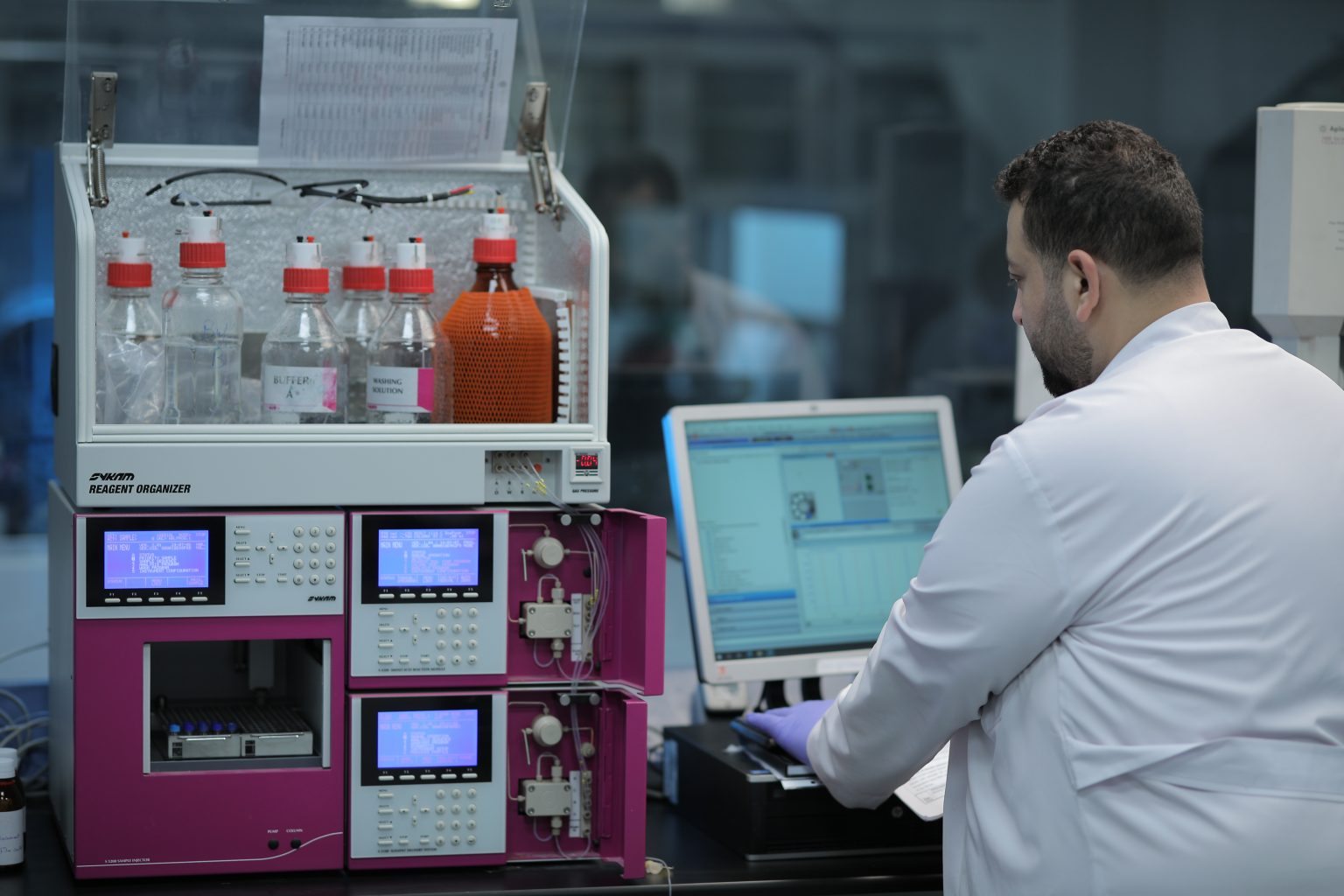Halal is an Arabic word that means allowed or permitted by Islamic Law. In relation to food, Halal does not simply mean no pork and no alcohol.
For food to be deemed Halal, the following general principals of Islamic Law apply (However, this list should not be interpreted as comprehensive):
- Animals must be slaughtered according to Islamic Law, not killed by strangulation or killed by wild animals.
- Halal food does not stem from or consist of any part or item from animals that are forbidden (pig, carrion, having claws, talons or fangs, etc.).
- Be it animal, vegetable, fruit or grain, food must be Tayyib (healthy) and not contain any substance that is considered impure (alcohol).
- Food that is prepared, processed or manufactured must use equipment and utensils that are free from impurities, as defined by Islamic Law.
- Food, when prepared, processed, manufactured, packaged, stored or, transported cannot come in contact with, or be stored near, any food that is forbidden and contains impurities as defined by Islamic Law.
Besides Halal lifestyle benefits, Halal certification is a great marketing tool, such as for restaurants and cafes, especially in countries that have a lot of Muslim tourists and the demand for Halal food is high. In fact, destinations become more desirable for Muslim tourists around the world, because despite having people from different races and religions, Halal eateries can be found easily.
Listed below are just some of the potential benefits of being Halal certified:
- As a confirmation for Muslim customers that the food served is Halal and in accordance with Islamic Law.
- Assurance to customers that the food served is healthy and the premises’ hygiene and sanitation procedures are top-notch.
- Widening the range of customers by attracting Muslim customers and non-Muslims who are Halal consumers for religious, lifestyle or health reasons.
- Increases revenue and enhances marketability, especially to Halal consumers.
- If planning to export, the Ⓗ™ Halal certificate is the only international Halal approval to assure Halal consumers in all importing countries.
To be Halal certified internationally, an eatery must apply to ATIP HALAL Ⓗ™, comply with all terms and conditions and pay a fee. The process can take about a month or more because the authorities need to inspect the premises and food suppliers for Halal confirmation.
In conclusion, a Ⓗ™ Halal certification benefits an eatery in many ways. One of them is that it could enhance its marketability, especially to Halal consumers, which are growing in numbers and comprise as much as 20% of the world population.





